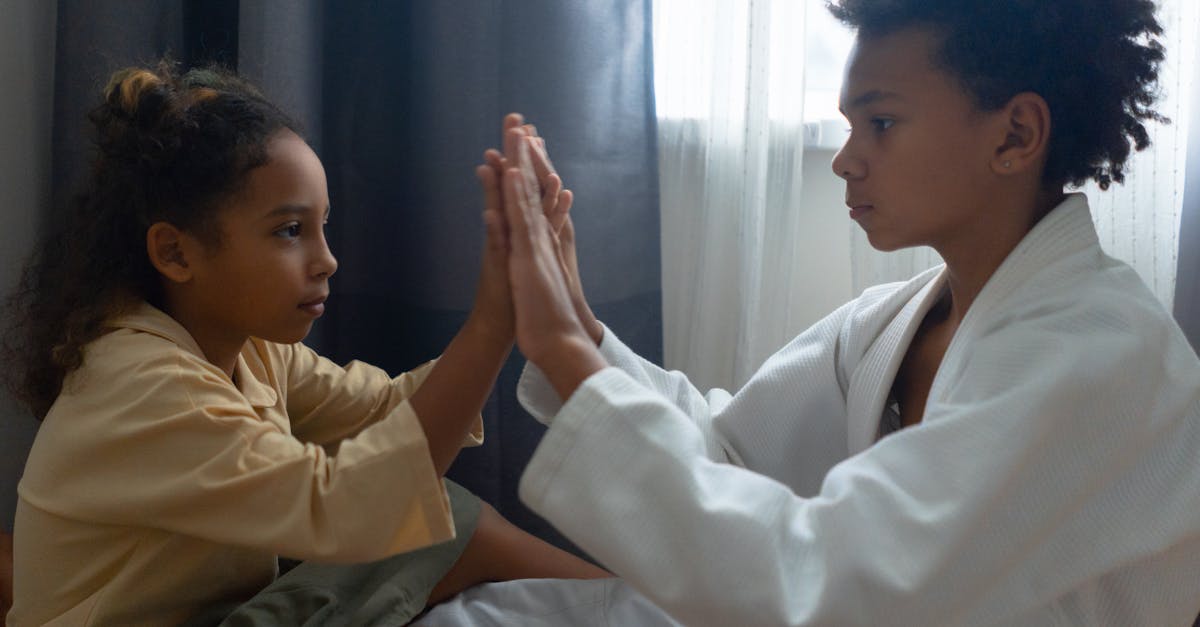Forgiveness: A Key to Preschooler Harmony
In the sandbox wars, preschoolers truly battle it out. Toys are the ultimate treasure, and ‘sorry’ sometimes feels like a daunting mountain peak to reach. However, this gold-nugget word, ‘forgiveness,’ helps them build empathy and social harmony.
Who knew that tiny humans could be such a handful, right? Yet, their little hearts have a lesson or two for us adults too. By forgiving, they learn about making decisions that build relationships rather than break them.
It brings a genuine smile when a toddler says, “It’s okay.” That’s empathy and social harmony sprouting early, folks!

Why Forgiveness is Essential for Little Ones
Preschoolers are on a mission: to learn everything about the world. Just like they need nap time to recharge, their conscience needs a sprinkle of forgiveness for peace. You wouldn’t want a sibling rivalry over crackers to last longer than their nap time, trust me!
Imagine a classroom full of laughter rather than tearful territories. Practicing forgiveness fosters moral growth, allowing your child to understand complex emotions in a simple way.
So, next time your kid sets the rules in a game of ‘Let’s Be Friends Again,’ join in!

Teaching Forgiveness: Tips for Parents
Ever tried reasoning with a toddler having a meltdown because their shoelace won’t tie itself? Enter ‘forgiveness’, stage right. Here’s a trick: turn mistakes into stories. ‘Oopsie’ moments are perfect.
Creative Ways to Teach Forgiveness
- Create a ‘that’s okay’ dance whenever they or others err.
- Say ‘I forgive you’ often. Kids mimic us, after all.
- Sprinkle this throughout conversations, like parmesan on pasta. Everyone loves pasta.
Isn’t life just like parenthood? Make it fun, light, and forgiving!

Overcoming Emotional Hurdles at Playtime
Even the gentlest toddler can morph into a little Hulk at playtime. Emotional hiccups are natural, which is why playtime can turn into a battleground faster than you can say, ‘No hitting!’
Teach them how to express displeasure without fist fights. Next time someone takes their unicorn plush, guide them to say, ‘I’m not happy, can we share?’
Be a Role Model
Role models are helpful, so how about embodying one? Many superheroes have empathetic moments, too. Find your inner Spider-person!

Interactive Forgiveness Games
Connecting forgiveness with play makes every thick tear worthwhile. Games like ‘Pass the Peace’ allow children to share toys while understanding the importance of apologies.
Consider inventing a game called ‘Forgiveness Hopscotch’ where each step represents letting go of a grudge. Short bursts of play cultivate long-lasting lessons. When roles are reversed, encourage children to apologize too if they spill milk. It’s wonderful to practice empathy with little humans aspiring to grow past minor hiccups.
Here’s a visual to inspire your ideas:

Tips for Engaging Forgiveness Games:
- Keep it Fun: Ensure that the games are enjoyable to maintain interest.
- Encourage Expression: Allow children to express their feelings through play.
- Positive Reinforcement: Praise them for their efforts in understanding forgiveness.
Using play as a tool can lead to deeper understanding and empathy, shaping emotional intelligence in children.
Storytime and Forgiveness
Storytime is golden, full of moral adventures. Reading with your child isn’t just bedtime chaos but an opportunity to understand forgiveness.
Share tales where characters forgive, pause, and reflect on their experiences. After all, a bear forgiving a porcupine friend for a late picnic isn’t just laugh-worthy but a life lesson.
Mix in questions like, “How would you feel?” Engaging them draws out deep thinking about ethical decisions.
Why Forgiveness in Stories Matters
- Encourages emotional intelligence
- Facilitates discussions about moral dilemmas
- Enhances empathy and understanding
Moral dilemmas or not, bedtime stories have depth, suspense, and the timeless art of forgiveness.

